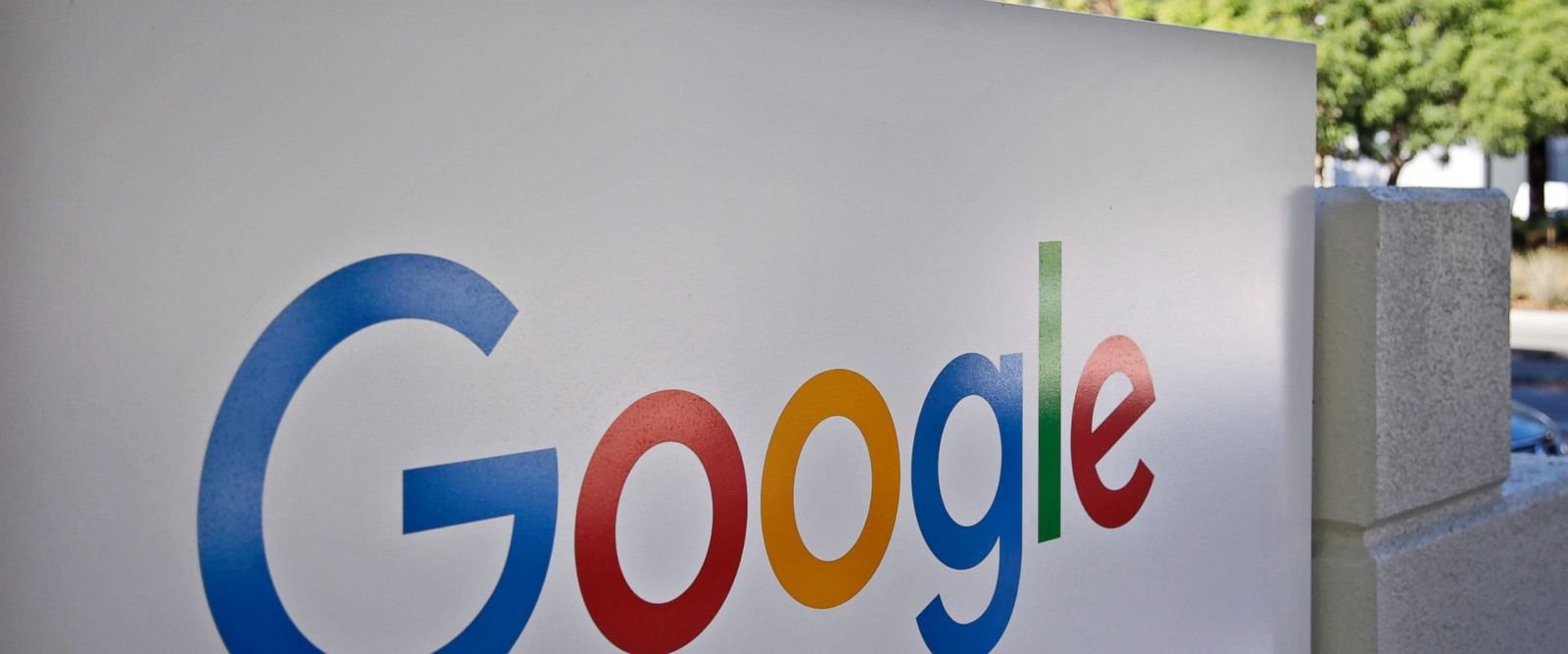Fact Check Tag introduced by Google to prevent fake news
With the advent of digital evolution and with its gigantic growth through their millions of users, we now live in where we trust news or information from social media rather than paper media.This is because of the speed we get the news delivered to us and also the convenience factor. But with the positive side, we also have the grey area where a fake or a false news also tends to get accepted as valid news to the masses. This could be due to the various reasons like monetary benefits or for some political gains. With google almost being the default search engine, it has come under heavy scrutiny for propagating fake news.
Now the search giant has taken a small step forward towards combating this issue by introducing something called a Fact check tag. This is nothing but to tag a news article to indicate whether that piece of news is correct or a bogus news. The same is achieved by Google through the partnership with fact checkers to include a ‘fact check’ tag. This feature was so far only available in U.S and U.k but it has been expanded to all markets.
so going forward, Google will start showing you whether an article is factually correct or not by tagging it with the ‘Fact Check’ label in search results.The tag will be visible on the search results page when articles are shown. Google is working with organizations like Politifact and Snopes to enable this feature.Apart from this Google also encourages publishers to perform a fact check with each other. This step looks to be one of the first efforts of Google to curb and prevent the spread of misinformation, however, this won’t affect search ranking.
You must take note that Fact-checked links or websites won’t get any priority privileges over the others in case of search results where SEO is still the criteria.Finally, it should be understood that this feature is introduced by Google in collaboration with the third party so there could be hiccups on the results. Also, it’s worth noting that these fact checks are done by third parties and not Google, so differing opinions can crop up here and there.
Google quote below on introducing this feature
“This information won’t be available for every search result, and there may be search result pages where different publishers checked the same claim and reached different conclusions. These fact checks are not Google’s and are presented so people can make more informed judgments. Even though differing conclusions may be presented, we think it’s still helpful for people to understand the degree of consensus around a particular claim and have clear information on which sources agree. As we make fact checks more visible in Search results, we believe people will have an easier time reviewing and assessing these fact checks and making their own informed opinions,” Google explains in its blog post.
For publishers and website owners:
If you want your website to come under fact-checks, google has advised to use the schema.org claimreview markup.All guidelines and support are available in google help center.
